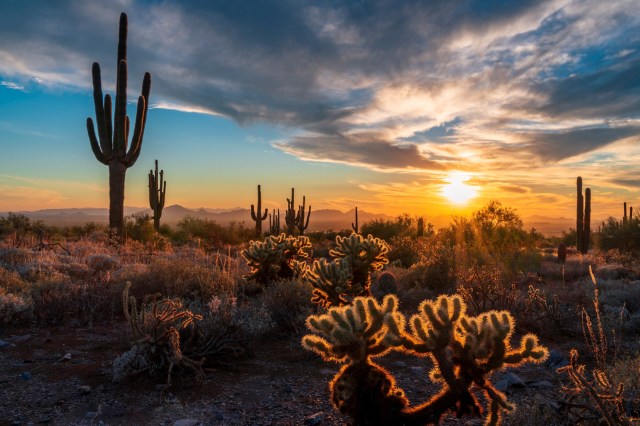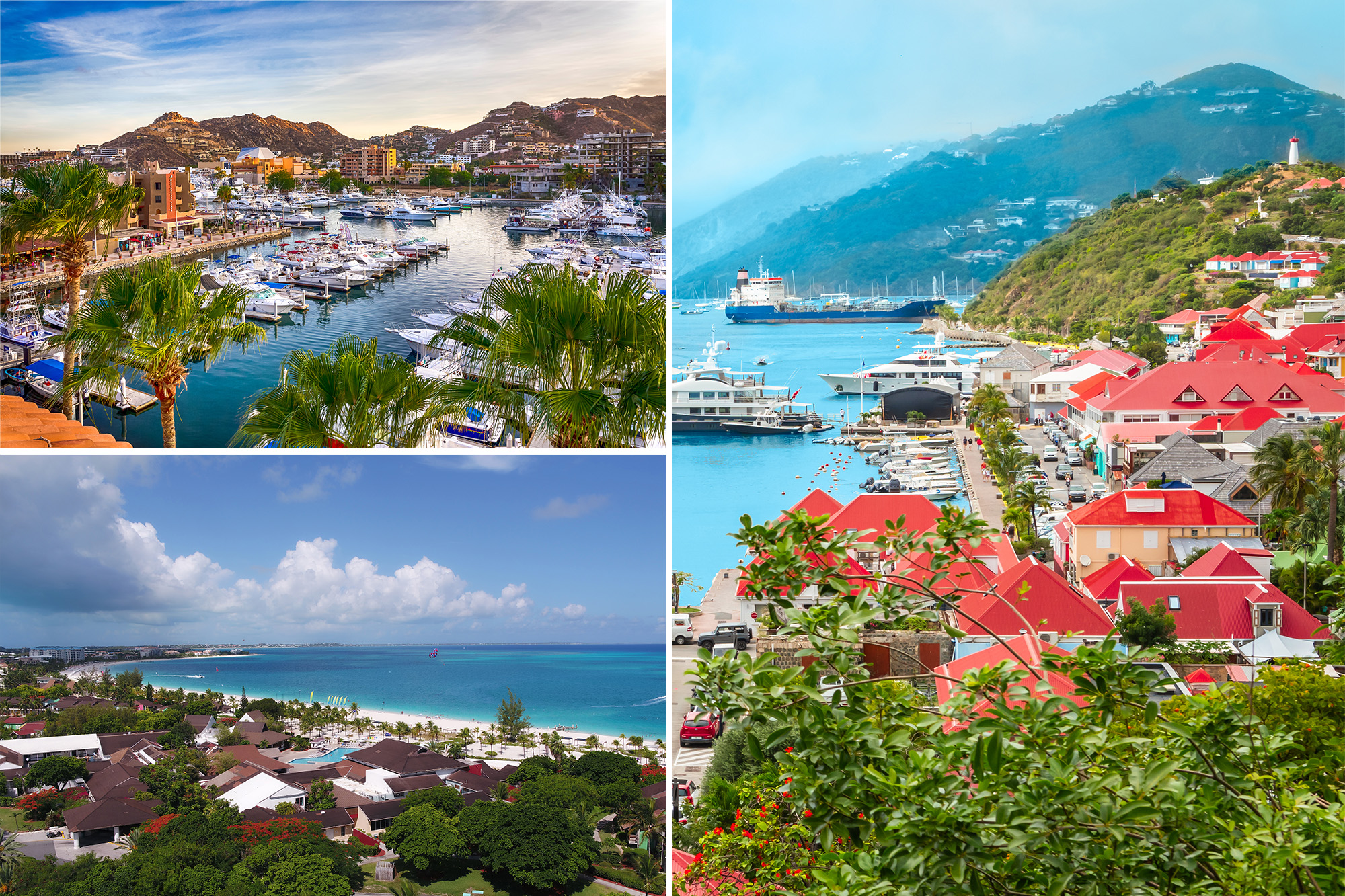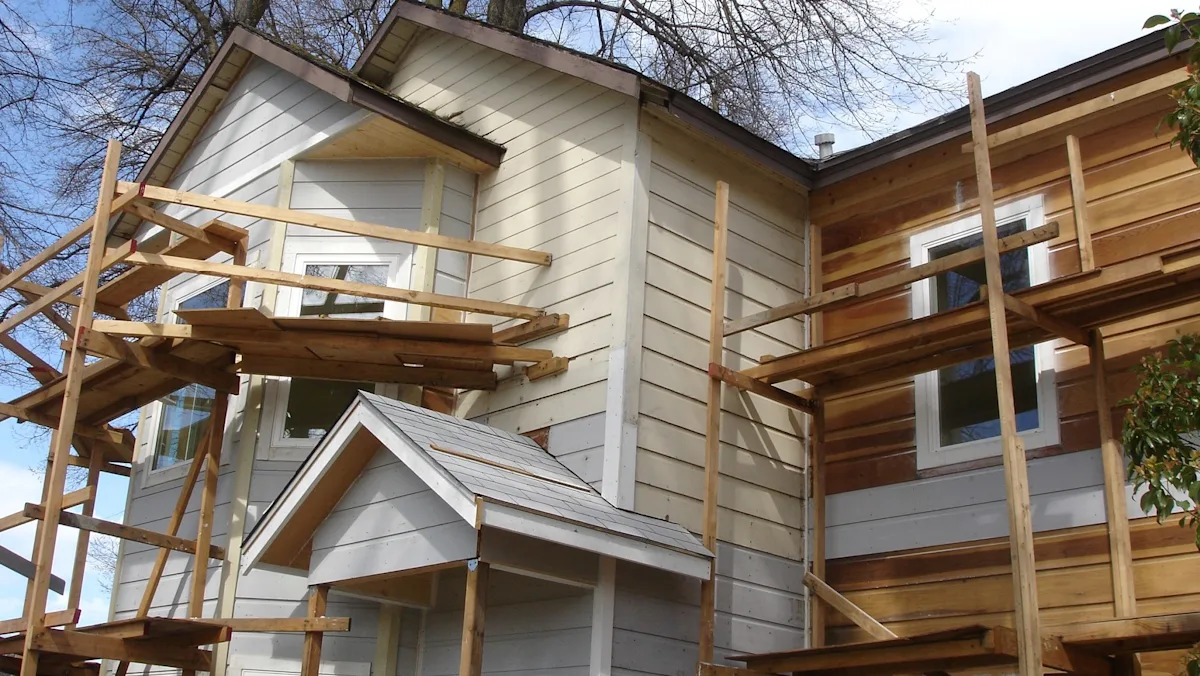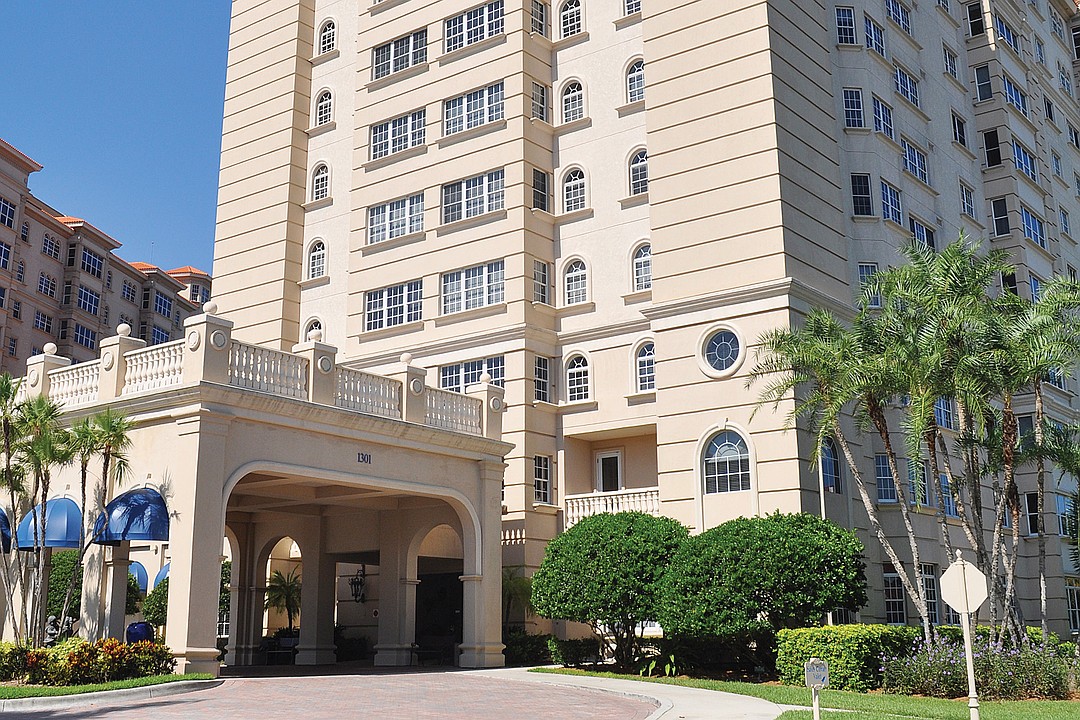A
s I traveled through Phoenix, Tucson, and Santa Fe over the past week, two thoughts collided: the breathtaking beauty of the Southwest and the tumultuous state of our world 16 years ago, when the commercial real estate market was ravaged by the financial crash of 2008. I pondered whether there were any connections between the two and if we could learn from them.
Survival in the desert Southwest is all about adapting to extremes. Cacti, creosote bushes, and wildlife have evolved to thrive in this unforgiving environment, maximizing every drop of water and adjusting to whatever comes their way. Similarly, commercial real estate is a game of adaptation, where seasoned investors, owners-occupants, and industrial brokers must be prepared for the dynamic market.
The desert's number one challenge is scarcity, which mirrors the real estate industry's struggles during boom times and busts. In 2008, liquidity vanished overnight, leaving only the most resilient players to weather the storm. Like a cactus storing water for months, commercial real estate professionals must build reserves – in capital, market knowledge, or relationships – to prepare for downturns.
Knowing your environment is crucial in brokering commercial real estate. The desert has distinct climates and microclimates that require understanding to succeed. What works in Phoenix won't necessarily work in Las Vegas, just as industrial real estate in Southern California requires a tailored approach. Assessing local economic, political, and market conditions can mean the difference between a deal's success or failure.
Timing is everything in commercial real estate, much like the desert teaches patience. Rain doesn't come when you expect it; it comes when the environment is ready for it. Sometimes deals fall apart due to poor timing, and understanding when to act – and when to wait – separates seasoned professionals from amateurs.
Innovation thrives in the desert, with breakthroughs in solar farms, sustainable architecture, and water conservation technologies. Similarly, commercial real estate is ripe for innovation, embracing e-commerce, automation, and green technologies. Those who stay ahead of the curve will be the ones who succeed.
The takeaway is clear: adaptability, patience, and resourcefulness are key to surviving – and thriving – in both the desert and commercial real estate. As the market shifts, those who prepare, understand their environment, and innovate will be the ones who succeed.













